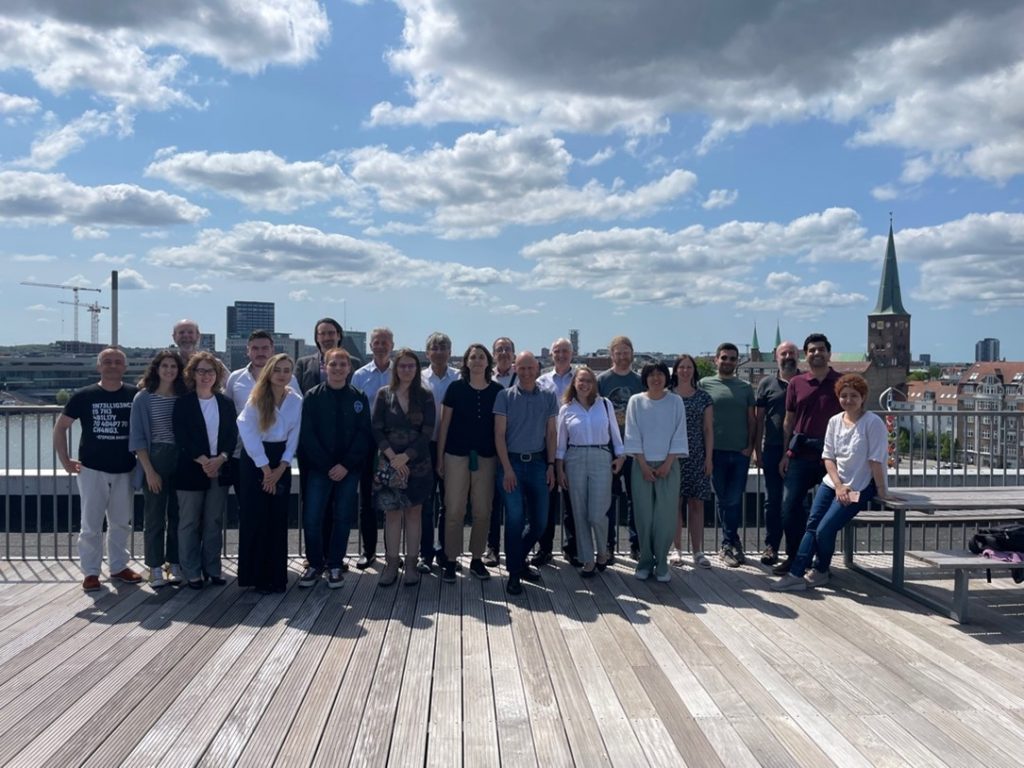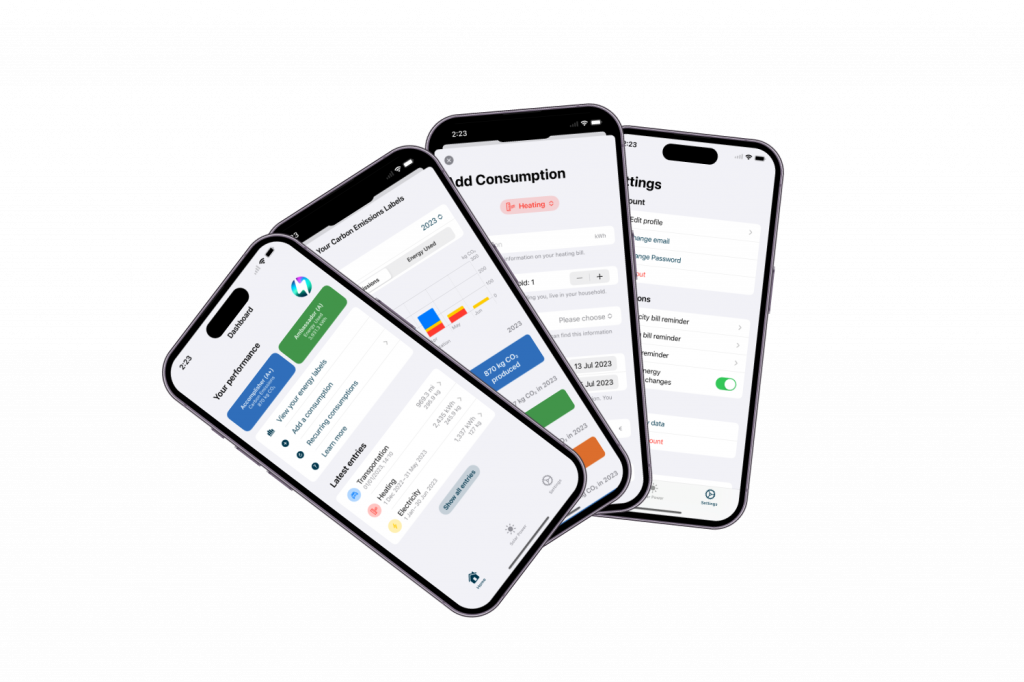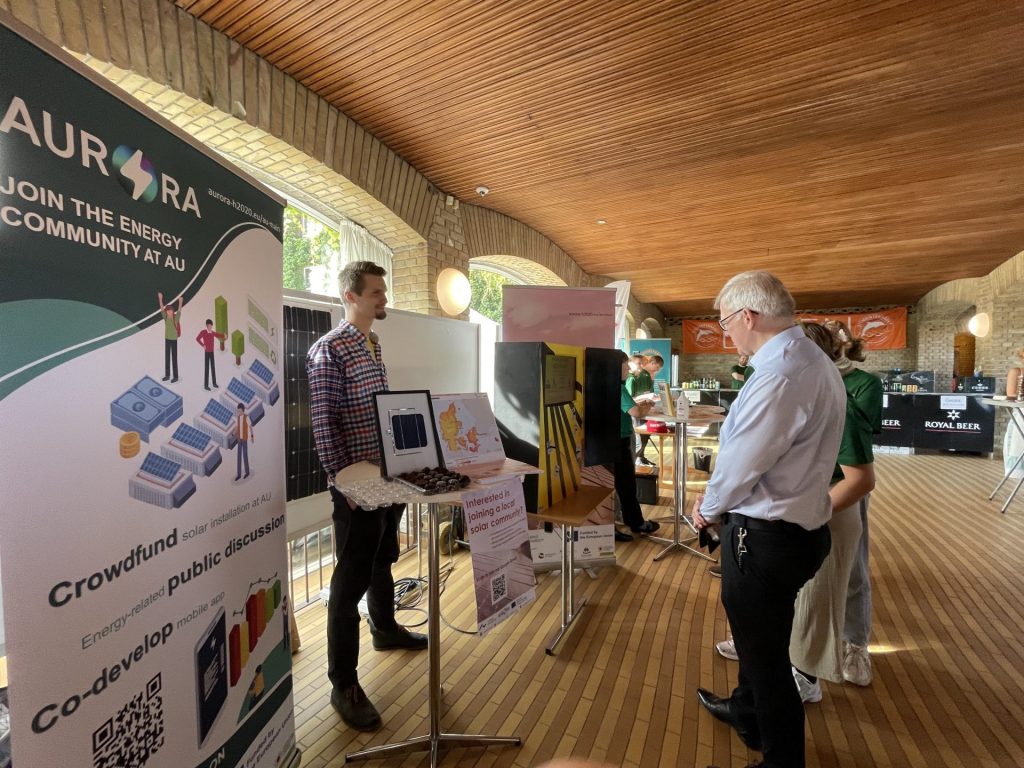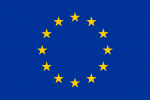AURORA embarked on its mission in December 2021: to establish hubs where citizens could experience the challenges of the energy transition. Our aim is to support citizens to achieve behavioural change, reduce energy demand, adopt renewable energy, and lower energy costs as a result of their actions. From its inception, the project experienced unforeseen challenges and barriers blocking innovative. We have embraced these obstacles as opportunities for growth and learning and over the 18-month period made substantial progress towards our goals.
I am delighted to share with you details of our story as we work with citizens to shape a brighter, greener future for generations to come.

In a global age of communication, the first uncertainty citizens face is to understand what is expected of them as we tackle climate change. Political messages about the need to change the way we use fossil fuels are recognized by a large part of the population, but it is more challenging to determine to what extent each of us contributes to a more sustainable system and what we can each do. To address this, AURORA has developed a system of indicators that allows each citizen to individually assess the impact of their own decisions. The system estimates the energy consumption and carbon footprint that each of us will need to achieve to deliver the European 2030 objectives on climate change. It provides us with our own personal trainer to illustrate where we currently stand and the scale of the changes we need to achieve.
Our behaviours will be very different in 2030. The way we use energy to heat and power our homes, the transport choices we all make will substantially change. The AURORA indicators serve as valuable support to citizens, so that in the six years ahead, we can gradually change habits to align ourselves more closely with the expected behaviours we will need to adopt by 2030.
The indicators are based on national data sets that will be affected by the decisions citizens make over the next 6 years in the way they use energy. Citizens can become drivers of change through the choices they make. They can seek suppliers that promote cleaner primary energy, and invest in their own clean energy generation. Such choices will improve the indicators used in project AURORA for each country as their citizens drive change. Other values, such as energy demand or transportation-related decisions, can be more easily modified by most citizens, contributing to a more sustainable energy system.
AURORA has developed an energy algorithm for 27 European Union member states that allows citizens to understand the carbon implications of the decisions they take. The algorithm has been integrated into a mobile application for citizens from five member states so they can test how effectively it works. Gradually, with the help of citizens, we will gather real data that will allow us to evaluate citizen behaviours and improve the algorithm to accommodate different socio-economic realities. This way, we will gradually expand the range of European countries where our application can be utilized.

AURORA’s mission to promote these community energy hubs extends beyond providing guidance and advice; it offers its members a transformative experience by turning them into producers of clean energy through collective funding of photovoltaic installations. With investments starting from €20, the primary goal is two-fold. Firstly, it aims to bring the wonders of this technology closer to all interested citizens, including those who may lack the physical or financial means to invest in their own installation. Secondly, it empowers citizens to play an active role in influencing their social environment and expediting the transition to a cleaner energy system. This vision drives the establishment of energy communities, which are instrumental in achieving these objectives.
Change, however, is always difficult and unexpected barriers block progress. Initially, the plan was to establish energy communities with citizens associated with specific social settings, including an English neighbourhood and four university communities. It has proved extremely difficult to facilitate genuine cooperation in the establishment of energy communities that link Universities and the citizens they serve. The idea of citizens working together with public authorities in energy communities to supply clean renewable energy is a fundamental goal of EU legislation. Yet legal roadblocks still exist that make implementation with University administrations extremely difficult. It has prompted project AURORA to explore numerous models of public-private partnerships, none of which yielded the desired outcomes. Consequently, all partners have now shifted their focus towards solutions where University energy communities collaborate in complex business arrangements with private entities, to achieve their goals.
Nonetheless, the journey is far from over, as there remain unexplored models that warrant further investigation. We are exploring scenarios where public tenders could be launched independently to encourage installations to be tied closely to local energy communities, aligning with the essence of European directives on energy communities. We are also in discussion with the European Union on legal changes that may be required to release Universities to take part in Energy Communities with their teaching staff, students, support teams and surrounding communities. We are reaching out to twin with other Universities such as University College Dublin to share experiences. Universities should be in the vanguard of change, they consume huge amounts of energy and they need to lead by example in partnership with their communities.

In this second phase, as AURORA embarks on a fresh wave of exploratory work, we want to share our experiences and twin with Universities across Europe. We have opened a dialogue with the European Universities Association and want to hear from any University that wants to work with us. Our aim is to lay a solid foundation for political discourse on the role of public administrations in fostering proactive changes in citizenship.
As we progress, the first community solar installations will be constructed in the late autumn or early winter. This marks a significant milestone towards creating our more sustainable energy landscape.
Project AURORA is now at an exciting point in our journey, working closely within our communities. We have an extensive plan comprising over 50 activities that will unfold in the upcoming academic year, in conjunction with the launch of our AURORA Energy app and the implementation of photovoltaic installations. With these initiatives, we are finally turning the vision of AURORA into reality, creating vibrant hubs that will shape the future of sustainable energy. We urge you to download and try the new app.
In parallel, AURORA is actively seeking supporters who share our passion for this initiative and want to champion these hubs within their own universities or their own municipality. To achieve this, we recognize the crucial importance of identifying and connecting with potential ambassadors. We extend a heartfelt invitation to members of local communities who are keen to replicate this remarkable experience. We urge them to reach out to us so that together, we can walk together towards a greener and more sustainable future. Contact project AURORA if you are interested in connecting your University or your Municipality to our project, together we can drive real change.
Contact project AURORA via our list of contacts on the AURORA website.
Author:
Dr. Ana Belén Cristóbal López
Solar Energy Institute
AURORA Project Coordinator
Universidad Politécnica de Madrid, Spain



